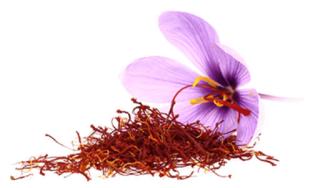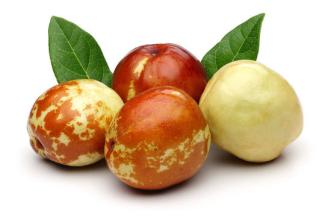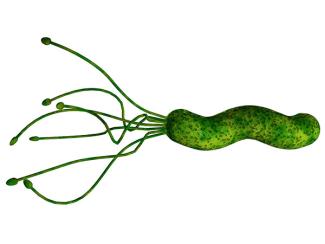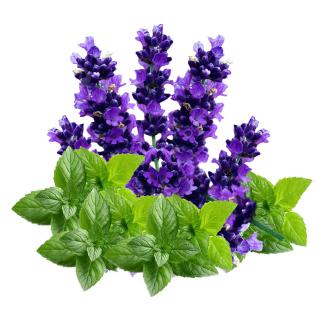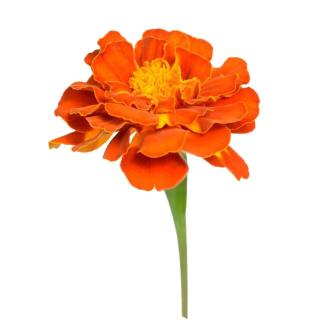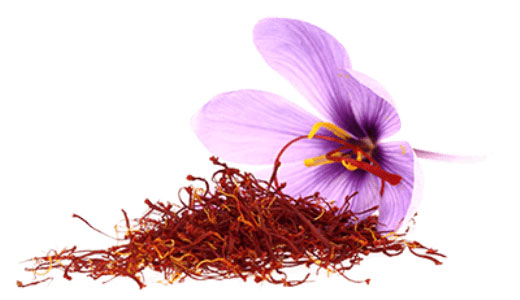
Saffron has a long history of use in traditional medicine, particularly in cultures like Ayurveda, Traditional Chinese Medicine (TCM), and Persian medicine. Here are the traditional medicinal benefits of saffron in detail:
- Anti-Depressant: In traditional medicine systems, saffron is often used as a natural remedy for treating symptoms of depression and anxiety. It is believed to have mood-enhancing properties and can help alleviate feelings of sadness and emotional distress.
- Aphrodisiac: Saffron is considered an aphrodisiac in many traditional practices. It is believed to enhance sexual desire and performance, making it a popular remedy for sexual health and fertility.
- Digestive Aid: Saffron is used to improve digestion and relieve gastrointestinal issues. It can help alleviate indigestion, bloating, and gas, making it a valuable ingredient in traditional herbal remedies for digestive health.
- Pain Relief: Saffron has been used to alleviate various types of pain, including headaches and menstrual cramps. It's often added to herbal teas and decoctions for pain relief.
- Respiratory Health: In traditional medicine, saffron is used to relieve respiratory issues such as coughs and asthma. It is believed to have bronchodilatory effects and can help open up airways.
- Cardiovascular Health: Saffron is considered beneficial for heart health in traditional medicine. It is believed to improve blood circulation and reduce the risk of heart-related problems.
- Detoxification: Saffron is used in traditional detoxification practices to help eliminate toxins from the body. It is believed to support liver function, aiding in the body's natural detox processes.
- Anti-Inflammatory: Saffron's anti-inflammatory properties are utilized in traditional medicine to treat conditions associated with inflammation, such as arthritis and joint pain.
- Elevated Mood: Saffron is believed to have a calming and uplifting effect on the mind. It is used to reduce stress and promote emotional well-being.
- Skin Health: In traditional skincare practices, saffron is used to improve skin texture, reduce blemishes, and provide a radiant complexion. It is often used in face masks and creams.
- Aid for Menstrual Disorders: Saffron is used to relieve symptoms of premenstrual syndrome (PMS) and irregular menstrual cycles. It can help regulate periods and reduce associated discomfort.
- Memory and Cognitive Enhancement: Traditional medicine systems often use saffron to improve memory and cognitive function. It is believed to have a positive impact on mental clarity and acuity.
It's important to note that while saffron has been traditionally used for these purposes, scientific research is ongoing to validate many of these claims. Saffron should be used in accordance with traditional practices or under the guidance of a qualified healthcare practitioner, as excessive or improper use can lead to adverse effects. Always consult a healthcare professional before using saffron for medicinal purposes, especially if you have underlying health conditions or are taking medications.
A traditionally naturally beneficial plant for toothache relief
Clove (Syzygium aromaticum) is a traditionally used natural remedy for toothache relief and has a rich history in traditional medicine. The primary benefit of cloves in alleviating toothaches is due to the presence of eugenol, a compound known for its analgesic (pain-relieving) and anti-inflammatory properties. Here are some details about the benefits of cloves for toothache relief:
Relief of inflammatory conditions and anti-inflammation in a natural way
Cloves, scientifically known as Syzygium aromaticum, are a spice used in cuisines worldwide due to their unique flavor and aroma. They also have a long history of use in traditional medicine, showcasing anti-inflammatory properties that can be harnessed to alleviate inflammatory conditions. Here are some benefits associated with using cloves for anti-inflammatory purposes:
What are jujubes (zizyphus or Chinese date)
Jujubes, also known as Zizyphus jujuba or Chinese dates, are a type of fruit that grows on the jujube tree (Ziziphus jujuba). These fruits are small and typically round or oval in shape, and they can vary in color from green to red or brown, depending on their ripeness. Jujubes have been cultivated and consumed for thousands of years in various parts of the world, particularly in Asia.
Here are some key characteristics and uses of jujubes:
A natural plant that in traditional medicine helps inhibit the growth of Helicobacter pylori, a bacterium
Cloves, also known as clove buds (botanical name: Syzygium aromaticum), are a natural plant that has a long history of use in traditional medicine for various health issues, including helping inhibit the growth of Helicobacter pylori, a bacterium associated with digestive problems and stomach ulcers. Here are some details about the benefits of cloves in this context:
Cloves are MAO inhibitors and are used as antidepressants
Cloves, scientifically known as Syzygium aromaticum, are small, dried flower buds harvested from the clove tree, native to the rainforests of tropical regions, primarily Indonesia. These aromatic plants have been valued for centuries for their unique flavors and fragrances, commonly used in culinary, alternative medicine, and cosmetics.
Which medicinal plant helps to sleep better?
Several medicinal plants are known for their potential to help improve sleep quality. Keep in mind that while these herbs and plants may offer some sleep-promoting benefits, it's essential to consult with a healthcare professional before using them, especially if you have any underlying health conditions or are taking medications. Here are some plants commonly used to promote better sleep:


